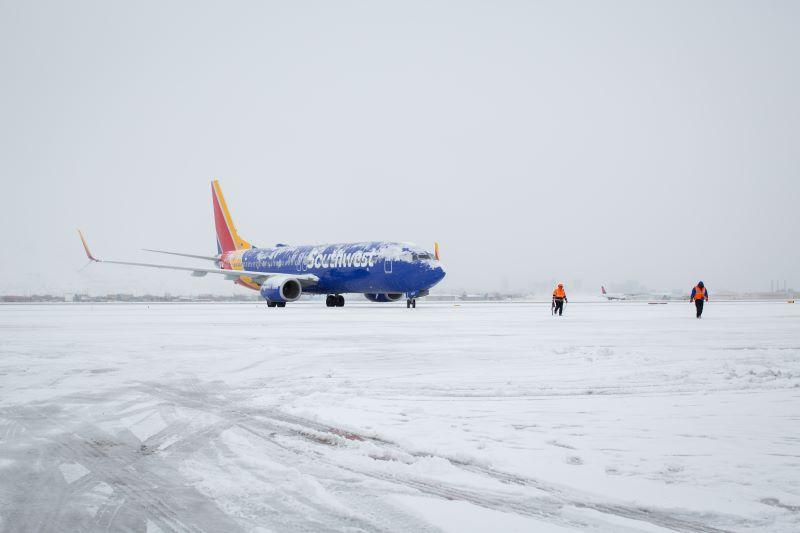New Civil Penalty Brings Southwest Total Meltdown Payouts To $750M

Credit: Stephen M. Keller / Southwest Airlines
The settlement agreement for Southwest Airlines’ December 2022 operational disruption divides a record $140 million fine levied by the U.S. Transportation Department (DOT) into three parts, allocating more than half of the total toward future passenger compensation. Under the terms, Southwest is...
Subscription Required
This content requires a subscription to one of the Aviation Week Intelligence Network (AWIN) bundles.
Schedule a demo today to find out how you can access this content and similar content related to your area of the global aviation industry.
Already an AWIN subscriber? Login
Did you know? Aviation Week has won top honors multiple times in the Jesse H. Neal National Business Journalism Awards, the business-to-business media equivalent of the Pulitzer Prizes.





